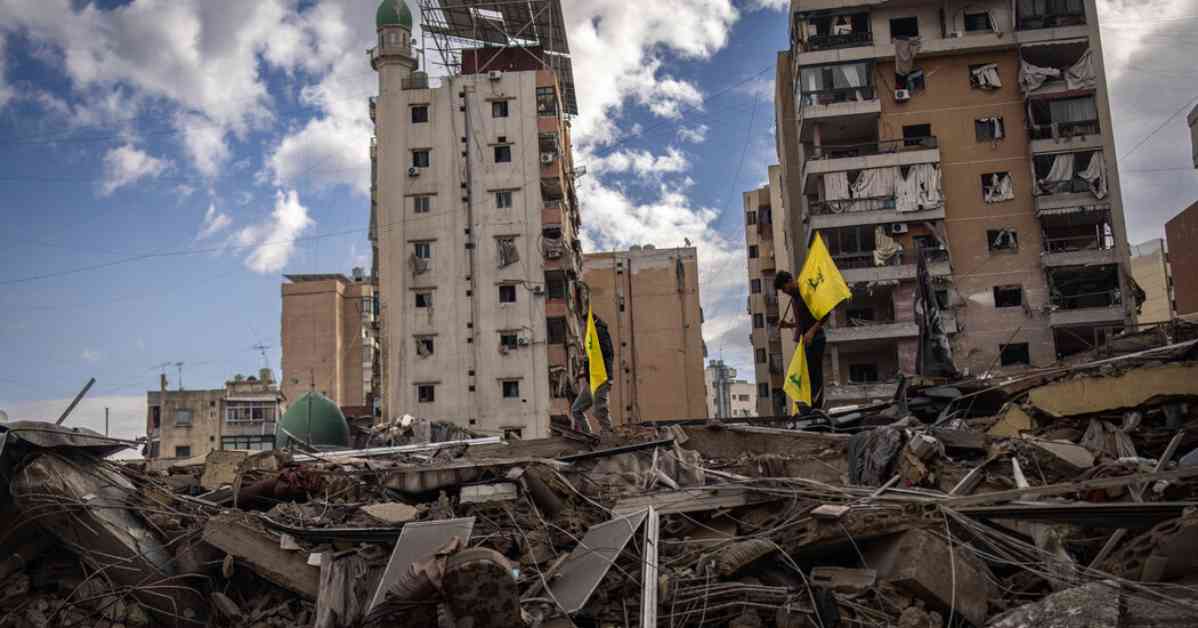A cease-fire agreement has been reached between Israel and the Lebanese militant group Hezbollah, marking the end of the deadliest war in decades. The agreement involves Israel gradually withdrawing its forces from Lebanon over the next 60 days, while Hezbollah will not be allowed to encroach near the Israeli border.
The cease-fire was celebrated in the Dahiya area, just south of Beirut, which has been heavily impacted by Israeli airstrikes in recent weeks. Thousands of Lebanese individuals have already started to return to their homes in the early hours of the cease-fire. The conflict has resulted in the deaths of thousands in Lebanon and around 100 Israeli civilians and soldiers. Additionally, approximately one million people in Lebanon and 60,000 people in Israel have been displaced due to the conflict.
Lebanon’s government agreed to the terms of the deal on Wednesday morning, following Prime Minister Benjamin Netanyahu’s endorsement the previous night. Netanyahu emphasized that the truce would allow Israel to replenish its weapon stockpiles while focusing on isolating Hamas, an ally of Hezbollah that Israel is currently engaged in fighting in Gaza.
Key points of the 60-day truce include:
– The agreement, facilitated by American and French diplomats, mandates a 60-day truce between Israel and Hezbollah.
– Israel will gradually withdraw its forces from southern Lebanon during this period.
– Hezbollah forces will move northward away from the Israeli border, while the Lebanese military will increase its presence in the country’s south.
– The withdrawals are expected to establish a buffer zone between Israel and Hezbollah in southern Lebanon along the Israeli border.
– If the cease-fire holds for the entire 60-day period, negotiators are hopeful that the agreement will become permanent.
Enforcement of the cease-fire will involve a U.N. peacekeeping force in conjunction with the Lebanese Army to maintain peace in the border zone. This arrangement is in line with a 2006 United Nations Security Council resolution that ended the previous Israel-Hezbollah war but was never fully implemented. The oversight of the cease-fire will be conducted by multiple countries, including the United States and France, as well as the United Nations.
The implementation of this cease-fire agreement brings hope for a lasting peace between Israel and Hezbollah, with the potential for significant positive impacts on the region.

